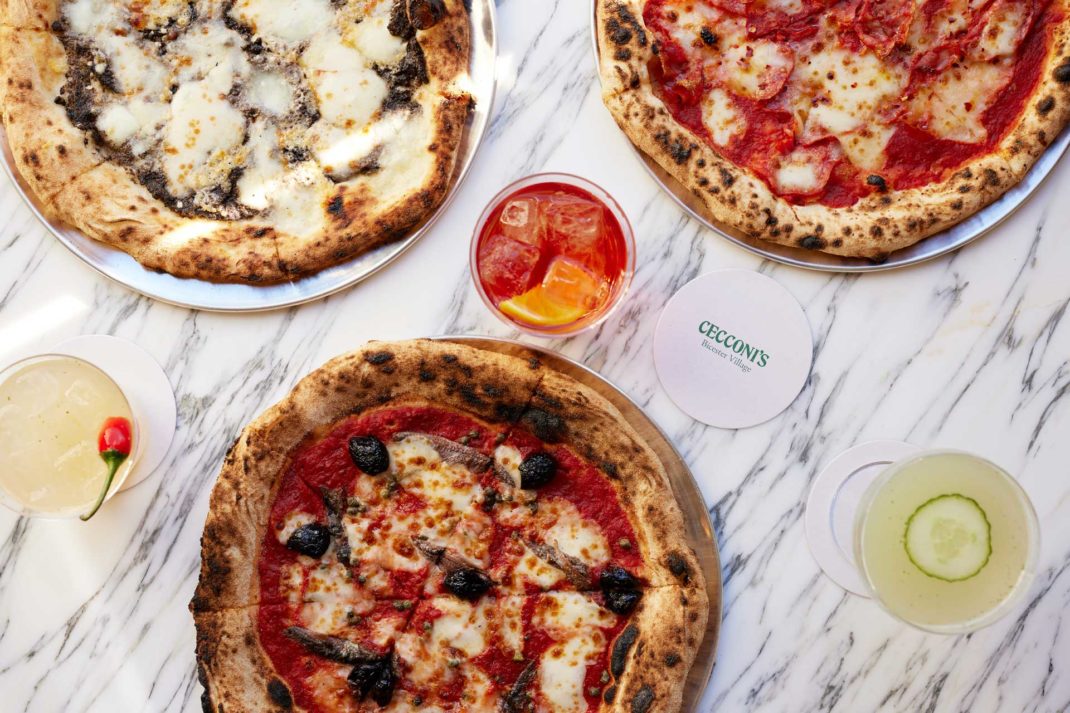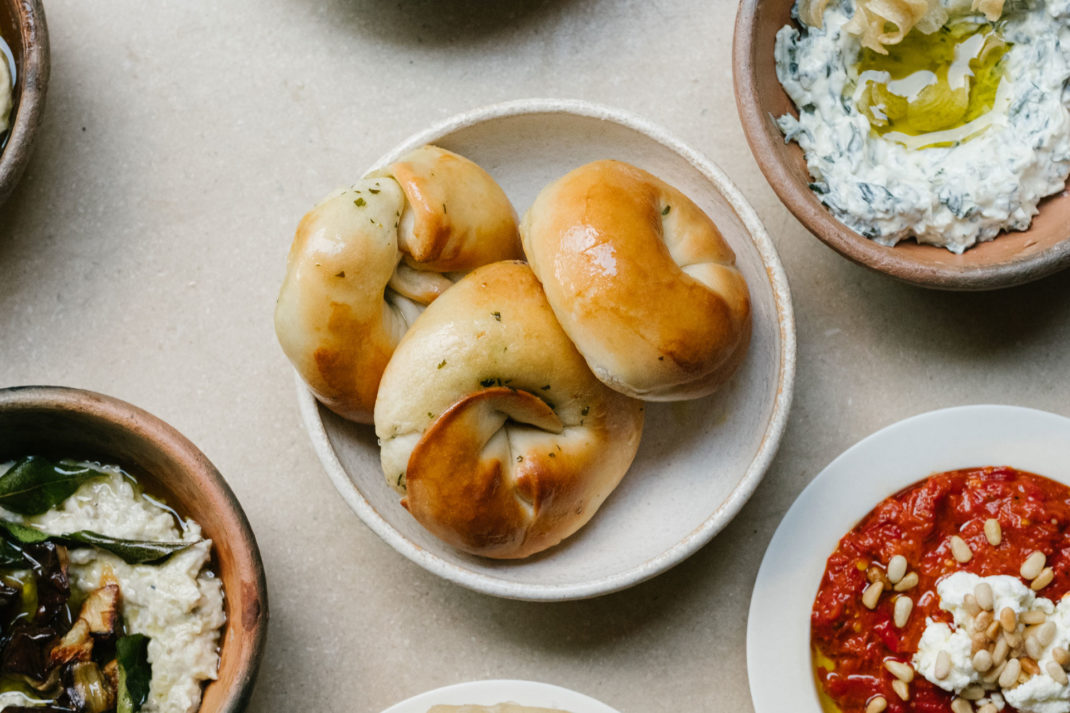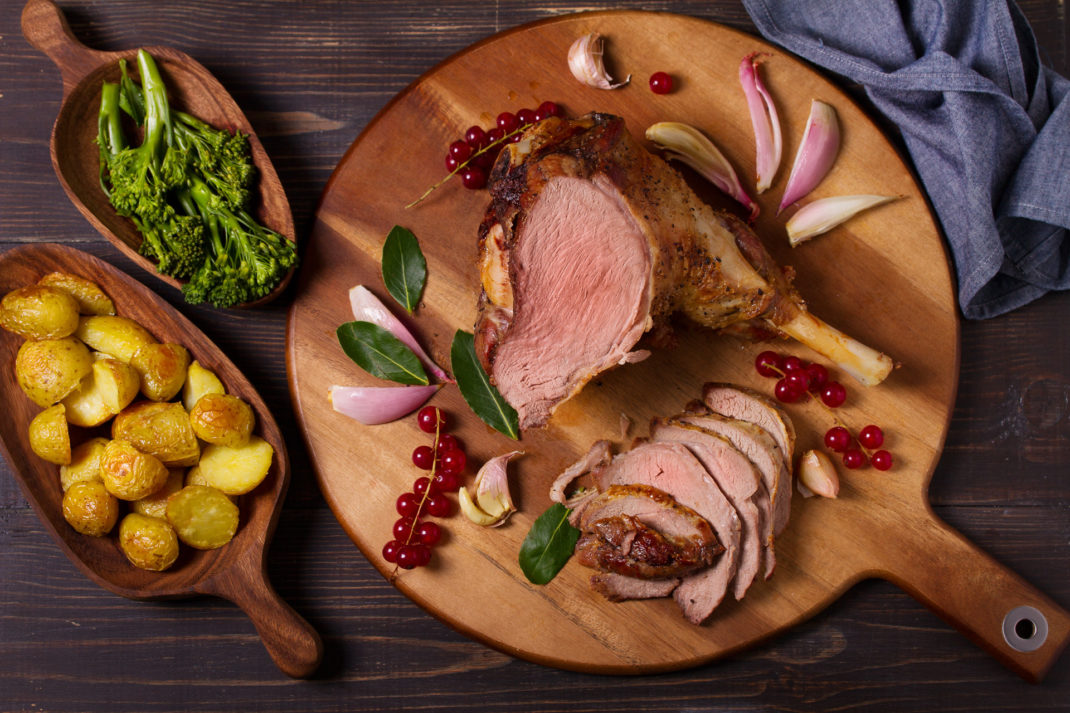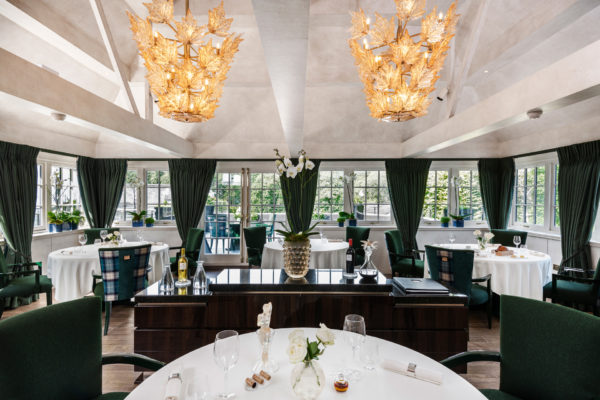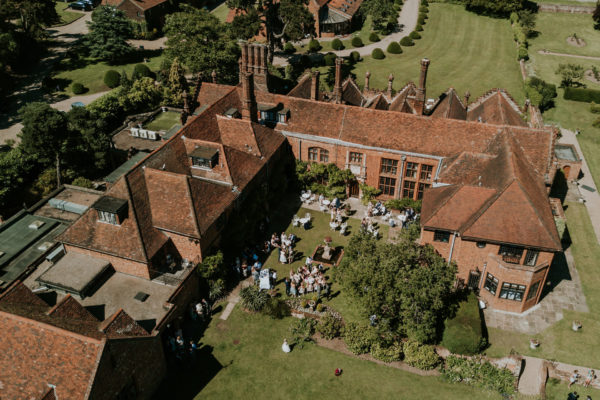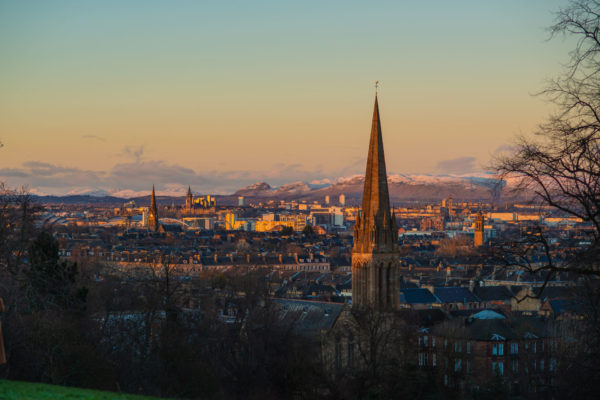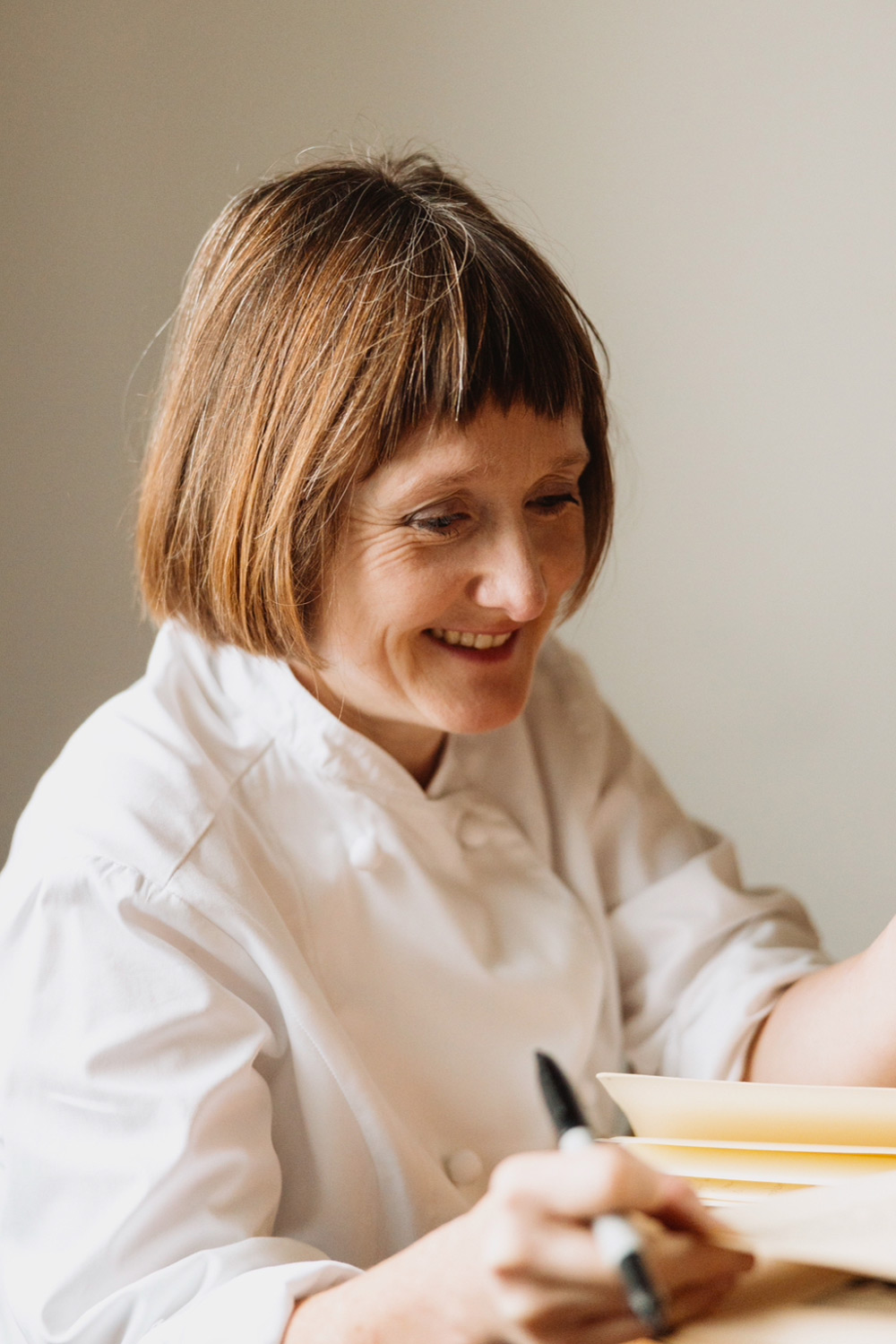
Pam Brunton On Creating Scotland’s Only Green Michelin-Starred Restaurant
By
2 months ago
C&TH meets the chef behind beloved Scottish restaurant, Inver
Nestled upon the shores of Loch Fyne, Inver is one of Scotland’s most revered restaurants. It’s the brainchild of chef Pam Brunton, who took over a fisherman’s croft with her partner Rob back in 2015, transforming it into a beautiful eatery. Now it’s known across the country for its creative use of local and wild ingredients, offering a contemporary take on traditional and forgotten Scottish dishes. It’s also the only restaurant in Scotland to have a Michelin Green Star, a prestigious award given to dining rooms with impressive green credentials.
Now, Pamela has shared her story in Between Two Waters: Heritage, Landscape and the Modern Cook, a reflective book which explores how destination restaurants can both help and hinder food culture. She talks to Jenny Jefferies below.
Interview With Inver Founder Pam Brunton
How does local produce shape the experience at Inver?
Life is a multi-sensory experience, right? So guests at Inver can experience the landscape through the food on their plates; the ozone-fresh, saline oysters from the loch that fills the windows; the bitter herbs and bubblegum-sweet brambles from the hedgerows; sheep and deer that graze the same hillsides you’re gazing at, and who eat from the same woodland banquet. Meanwhile, wafts of woodsmoke and glassware twinkle like stars at night. I hope we can curate your imagination for a while – let you share our wide horizon.
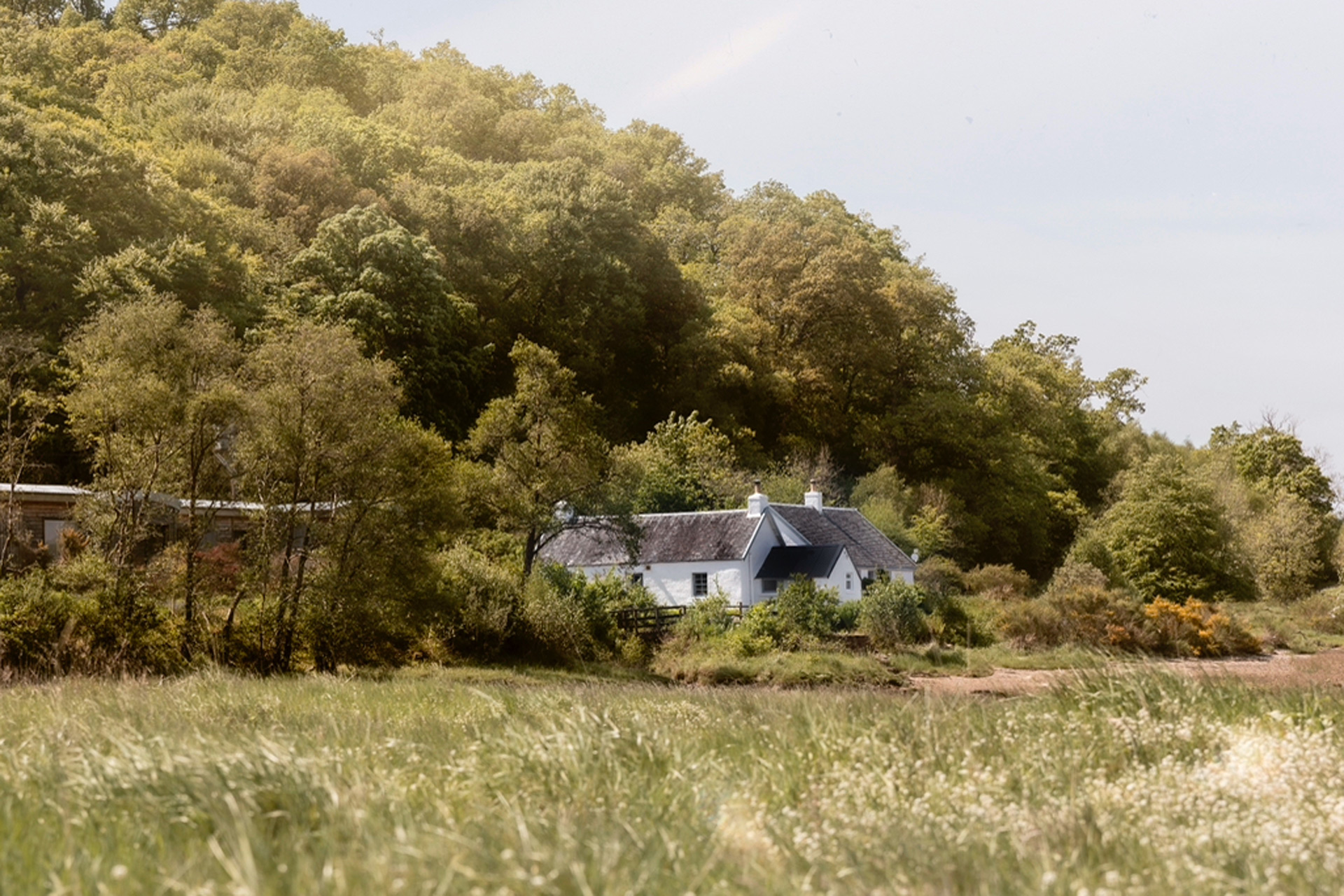
Philosophy is a big interest of yours too. What similarities are there between the food and philosophy worlds?
There are a few ex-philosophy students in kitchens! At one point there were three in mine. Food is our first priority in life, and any government’s first essential when hoping to build or maintain a nation. Hungry people riot or die. How we choose to feed ourselves is a statement on how we think life should be lived. Foodways are deeply entrenched, but the modern food systems we have built are dismantling their own foundations, the climate, ecosystems and biospheres on which we all depend, for the short term gain of a tiny deranged few. The pursuit of integrity and decency in food is just part of the pursuit of a world with integrity and decency. The urgency of that quest seems to deepen daily.
As you say in your book, ‘the Scottish landscape flows from Kirkwall to Kazakhstan, from Kelso to Kenya.’ What makes modern Scottish food?
Ha, the book is an 80,000 word answer to that question! I’d hate to spoil the adventure. But connectivity is what defines us in this late-modern age, and food is no different. We are interdependent, co-dependent; not just on each other human but on each other species. Every river, sea, heathery hillside and scrubby desert needs the whole to work so it can.
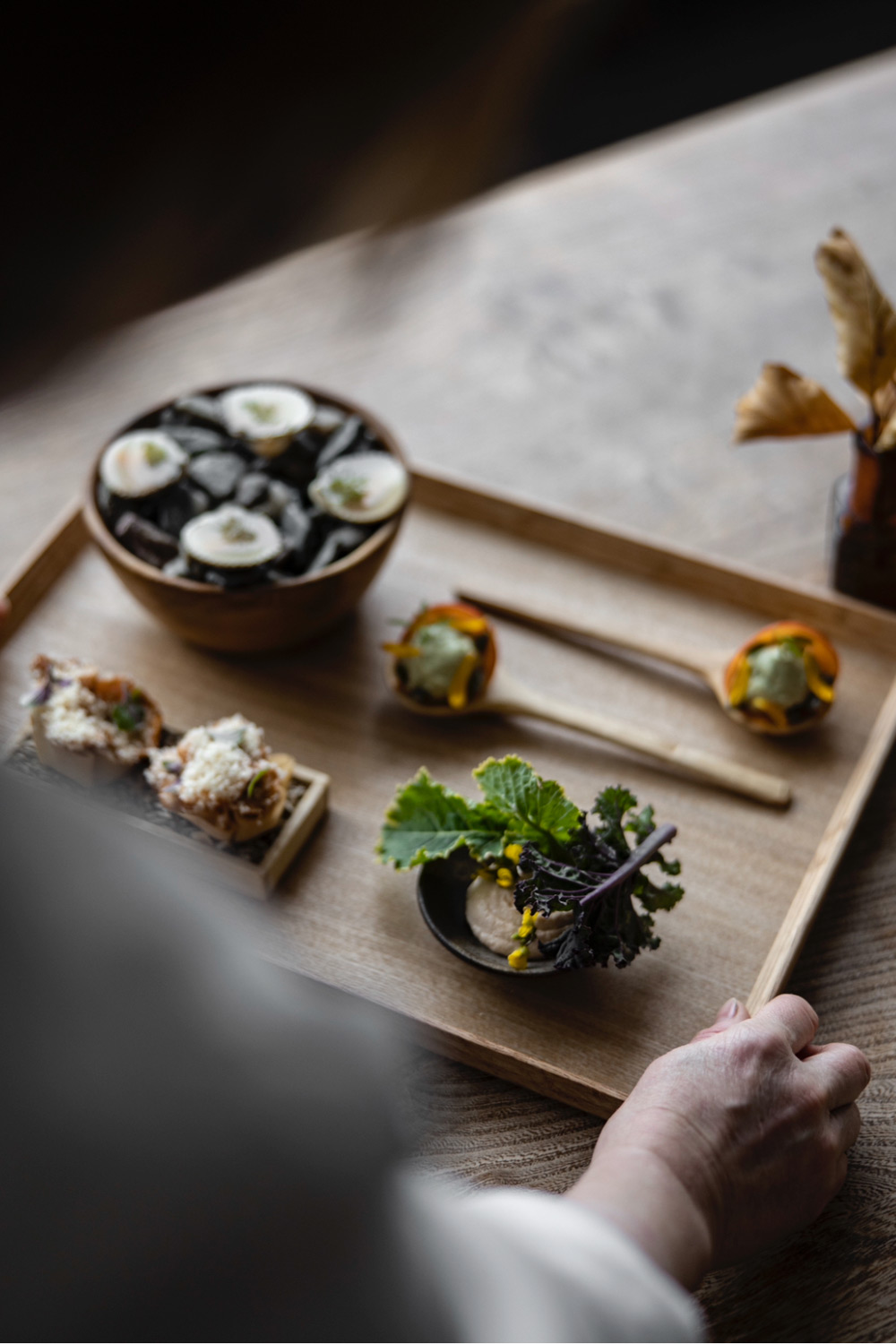
What can you tell us about Inver’s green credentials?
We try to acknowledge this connectivity in everything we do. This means ensuring vegetables are grown in such a way that they don’t harm local biodiversity, that fish and shellfish are harvested in ways that don’t damage the marine environment, that we choose to kill animals who have been raised with kindness, and that we waste nothing of their body in the kitchen. Staff wellbeing is a priority, and we keep working hours down, well below industry norms, and their wages decent. The workplace itself is kind, generous with care, knowledge, skills and time.
How has your experience with our Nordic neighbours influenced the guest experience at Inver?
I think to credit Scandinavian kitchens (or countries!) entirely with influencing me and Inver in those ways might be a little to confuse cause and effect. We went to Denmark, Sweden and Norway intentionally, because we recognised a shared history and landscape, and wanted to learn how these contemporary businesses were interpreting it. The Nordic countries’ sensibilities is recognisable in traditional Scottish values and cookery too. Norway used to own the Shetland Isles; they even share a history of lamb charcuterie (Shetland’s reestit mutton is Norway’s fenalår).
Between Two Waters: Heritage, Landscape and the Modern Cook (Canongate Books) is out now.

